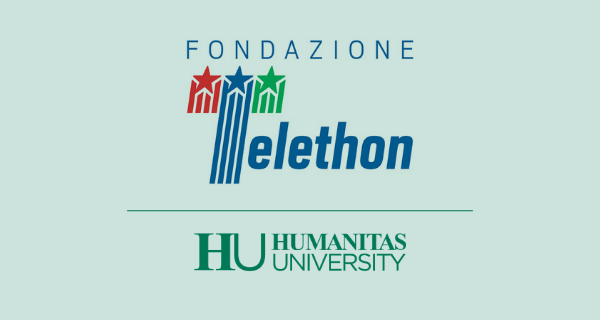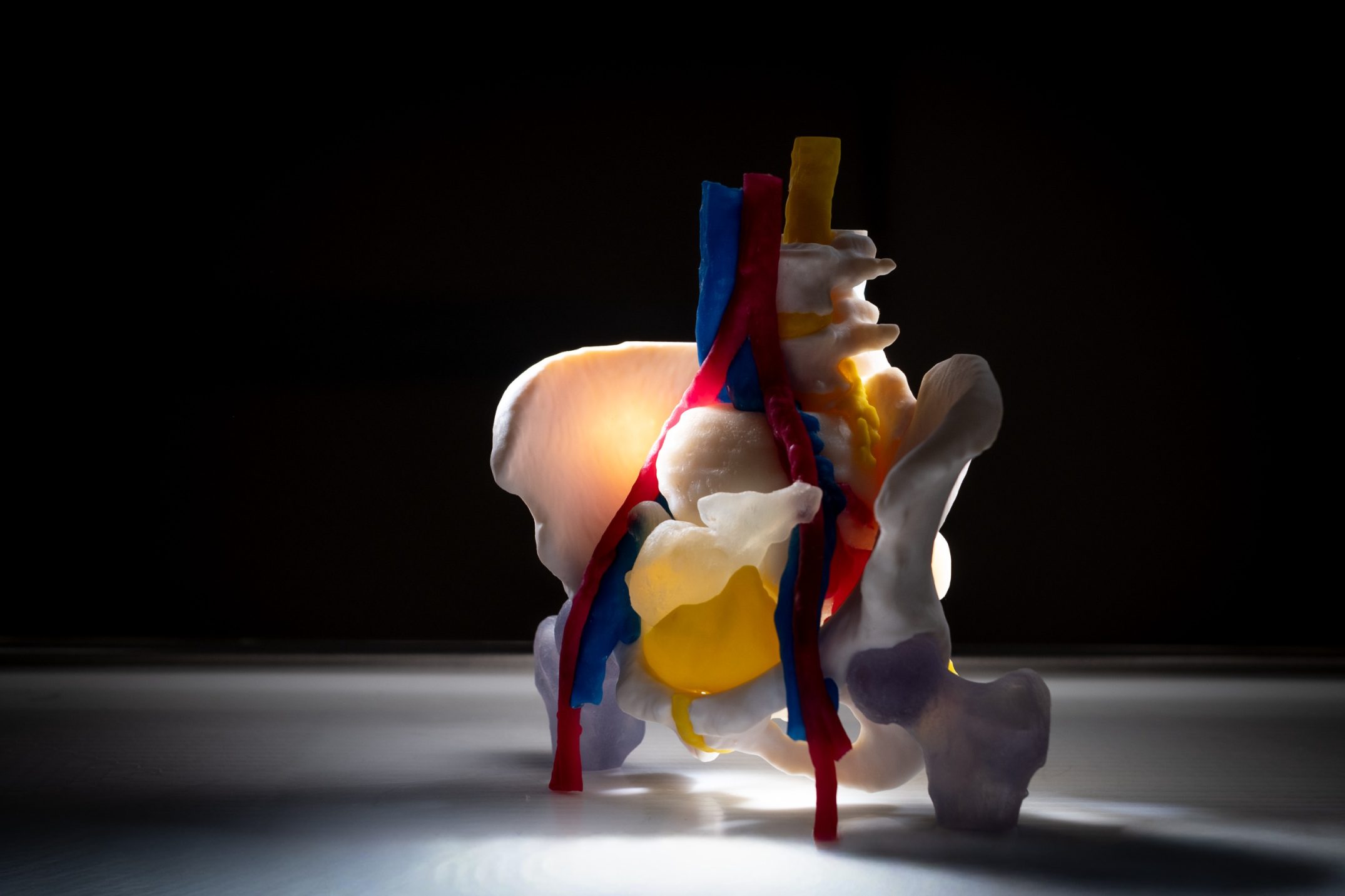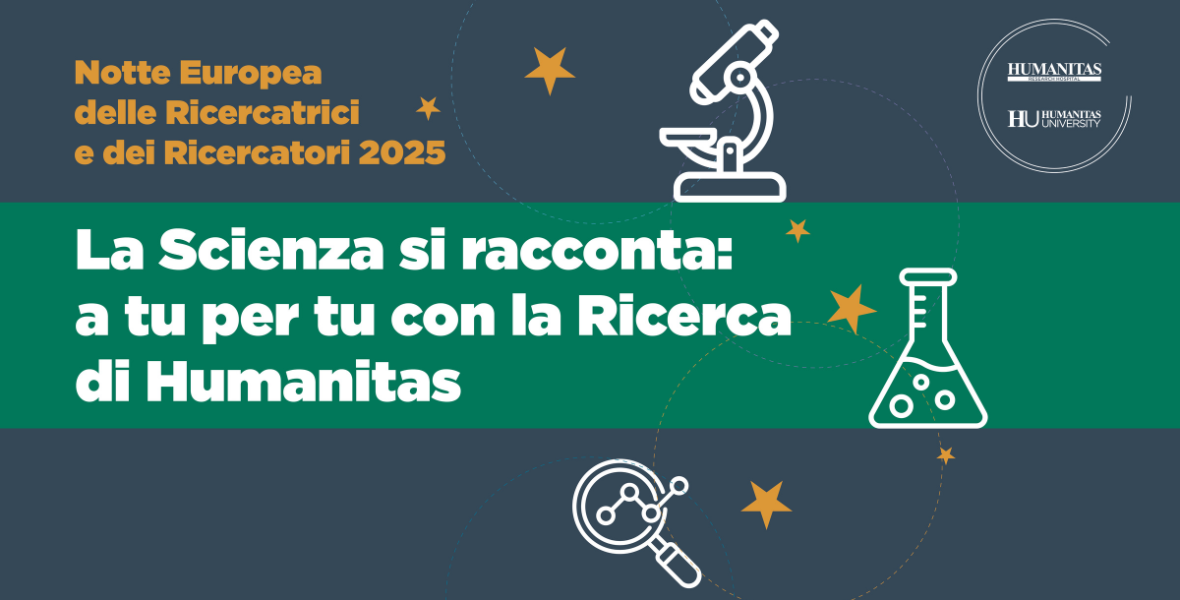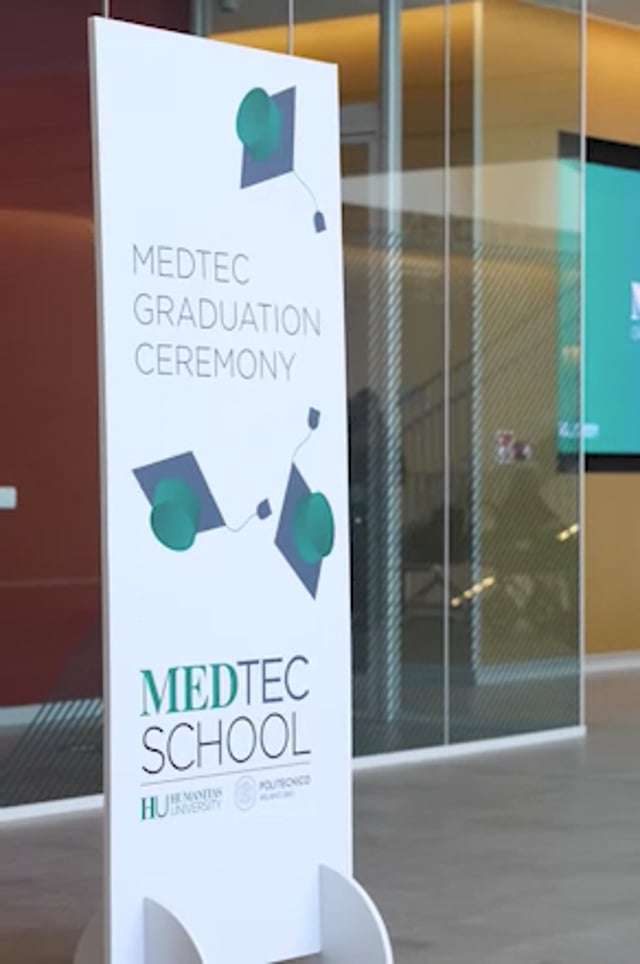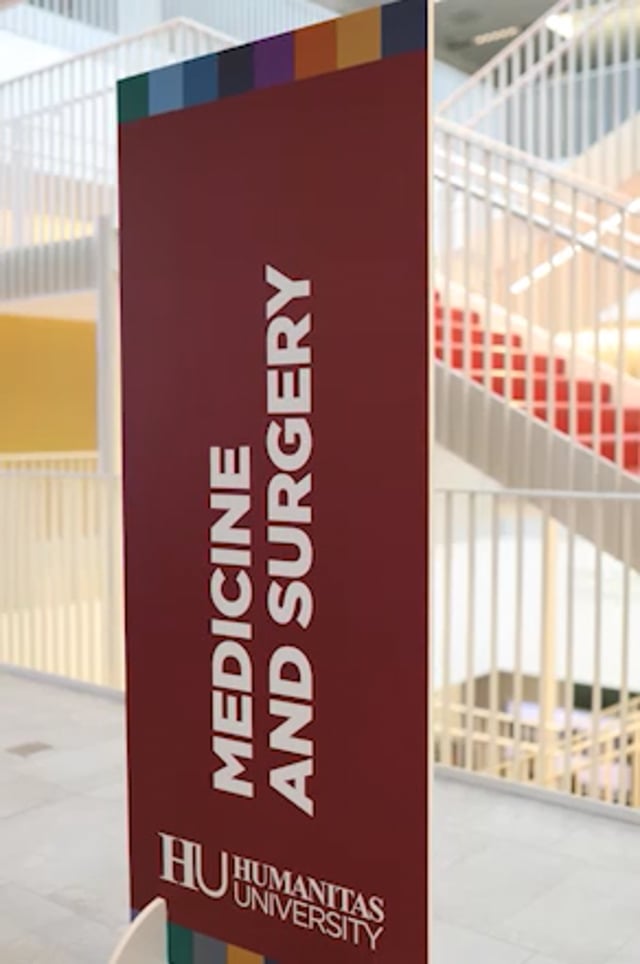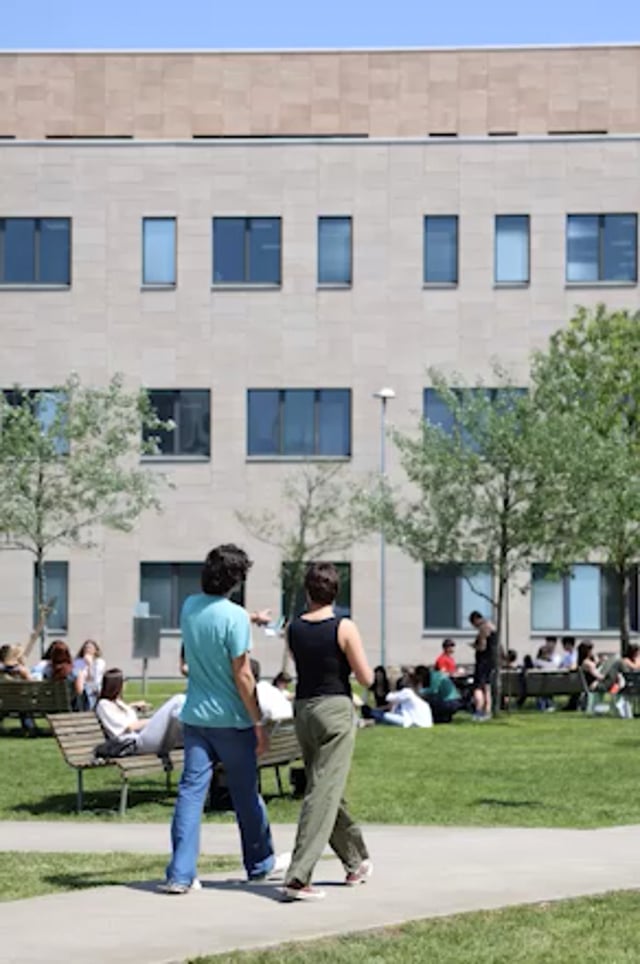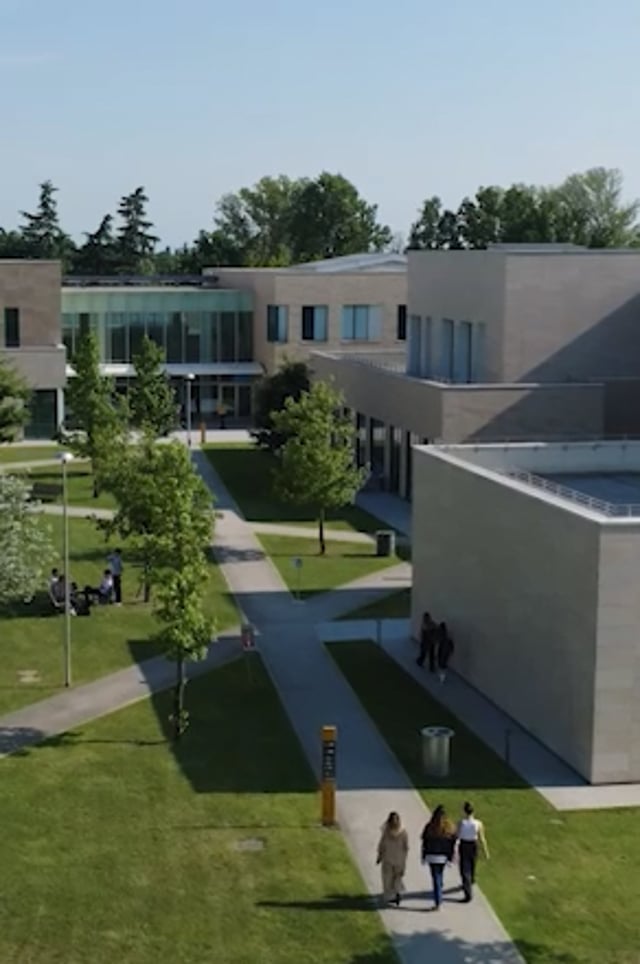A project by Humanitas University is among the winners of the Telethon Foundation’s prestigious call for proposals for the study of rare immunogenic diseases. The research project, led by Michela Matteoli Full Professor of Pharmacology at Humanitas University and director of the CNR Institute of Neuroscience, focuses on microglia cells, cells of the immune system which are present in the brain.
The aim of the study is to investigate the role of microglia and of a particular protein (TREM2) in the Nasu-Hakola disease, a rare hereditary pathology that causes dementia in presenile age, with fractures, skeletal lesions, bone cysts and which eventually leads to death at a young age.
“We have been studying microglia cells, the immune component of the brain, for some time in Humanitas’ Pharmacology and Brain Pathology laboratory. We are interested in the interaction between the immune and nervous systems, and in particular in the role of microglia in brain development,” explains Prof Matteoli. ” Indeed, a large number of synapses are formed in our brain, i.e. contact points between neurons that mediate the transfer of information, in the final stage of pregnancy and during the first years of life. Excess synapses are eliminated through a pruning process, which continues throughout the brain’s development until the age of 22-23. This work is carried out by microglia cells”.
“In the last few years, here in Humanitas, we have been studying how this process takes place. In 2018, we published a study in the prestigious Immunity journal, in which we demonstrated the role of the microglia protein TREM2 in the process of eliminating excess synapses”. This study was selected by the journal as one of the top ten papers of the year. “In particular, we studied what happens in the brain when the TREM2 protein is missing and therefore synapses are not eliminated sufficiently: in these cases, connectivity in the adult brain is defective and this leads to behavioural problems. In a subsequent work, published in 2020, we demonstrated the mechanism by which TREM2 recognises synapses that need to be cleared through a ‘signal’ exhibited by the synapses, which leads microglia to destroy them.”
The Nasu-Hakola disease, which is the main focus of the three-year Telethon-funded project, is a microglial disease that we still know very little about, but which has proven evidence of the TREM2 protein’s involvement. “We aim to use our model and our knowledge about the role of this protein to identify the mechanisms underlying this disease.
By studying the ‘defective’ microglial cells of the patients, we will try to understand the mechanisms,’ she concludes, ‘and see if the lack of synaptic elimination in the developmental period could be at the origin of the disease in the adult brain.
